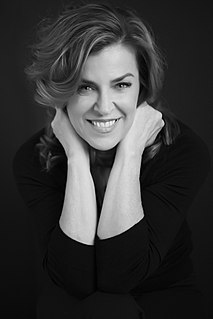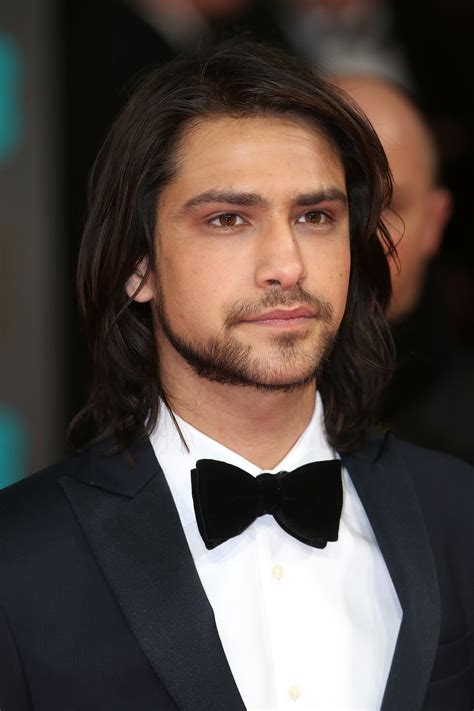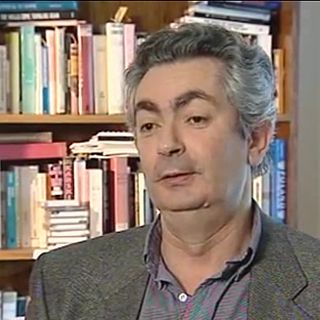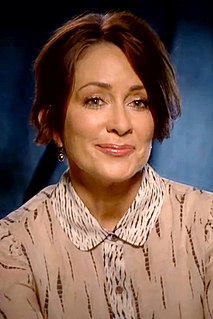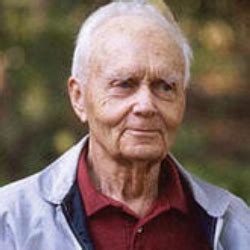A Quote by Henry Giroux
I think in light of the other two registers that you mention, there's also that moment. I mean, to what degree do we begin to take education seriously about the production of a subject in which questions of individual and social agency are linked to democratic possibilities?
And so for me, there are three registers there that we need to address.
Related Quotes
Schools should be democratic public spheres. They should be places that educate people to be informed, to learn how to govern rather than be governed, to take justice seriously, to spur the radical imagination, to give them the tools that they need to be able to both relate to themselves and others in the wider world. I mean, at the heart of any education that matters, is a central question: How can you imagine a future much different than the present, and a future that basically grounds itself in questions of economic, political and social justice?
But as we went on, and you keep practicing and rehearsing more and more fight scenes, it clicks and you just get it. It's almost like a soccer game. If you take enough shots on target, one of them is going to go in. As soon as it does, something happens and it just registers. I found it a lot easier after that, which was about three-quarters of the way through the shoot.
Here is an entirely banal idea that I think has the potential to change the world: Take evidence seriously. Taking evidence seriously does not mean privileging numbers over all other forms of knowledge - theories, narratives, images. Nor does it mean the kind of radical skepticism that questions everything to the point where no action is possible.
All that we "know" is what registers on our brains, so what you perceive (your individual reality-tunnel) is made up of nothing but thoughts—as Sir Humphrey Davy noted when self-experimenting with nitrous oxide in 1819, and as Buddha noticed by sitting alone until all his social imprints atrophied and dropped away.
I think my role is as a writer, especially, and then also as a speaker, an organizer, and an entre- preneur of social change. My role isn't to make choices for people-each individual or group needs to do that on their own. But as a writer and a speaker, you can describe possibilities that perhaps haven't been visible before, and aren't in other public dialogues or in the rest of the media. So I suppose I think of myself mainly as an organizer and as someone who describes possibilities.
We are limited by our agreements on possibility. Agreement is a common exclusion of alternate possibilities. Agreement is the cement of social structure. Two or three gathered together, agreeing on what they are after, may create a subset in which their goals can be achieved, even though folly in the eyes of the world. The world in this case means a set of expectancies agreed upon, a set excluding other possibilities.
Deaths, births, and marriages, considering how much they are separately dependent on the freedom of the human will, should seem to be subject to no law according to which any calculation could be made beforehand of their amount; and yet the yearly registers of these events in great countries prove that they go on with as much conformity to the laws of nature as the oscillations of the weather.

